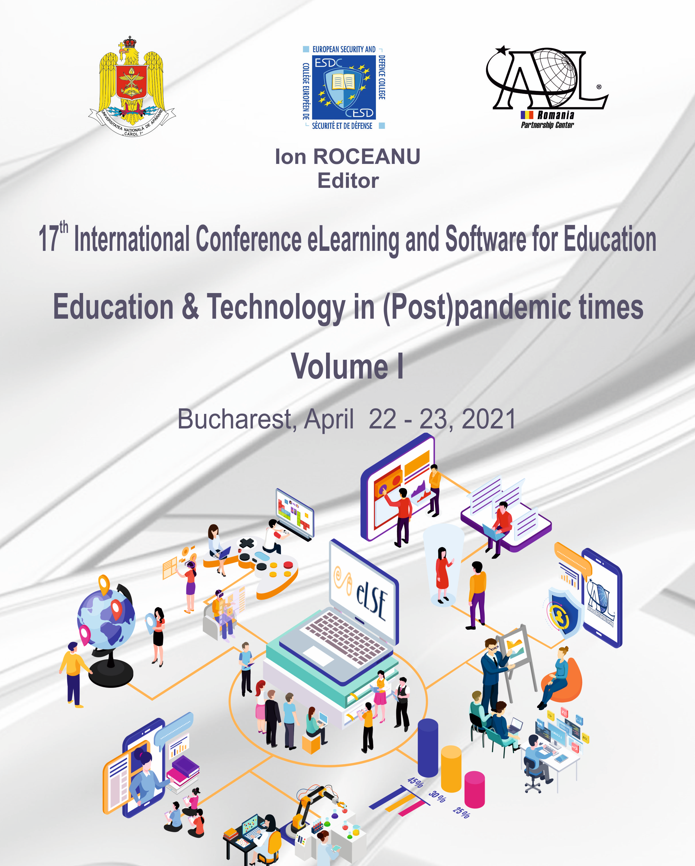THE FLIPPED LEARNING AT UNIVERSITY BY SOCIAL NETWORKS: A CHALLENGE FOR E-LEARNING
THE FLIPPED LEARNING AT UNIVERSITY BY SOCIAL NETWORKS: A CHALLENGE FOR E-LEARNING
Author(s): Emanuele Isidori, Angela Magnanini, Alessandra Fazio, Irina Leonova, Irina Petrova, Mario De Martino, Iosif SandorSubject(s): Media studies, Higher Education , Health and medicine and law, Sports Studies, ICT Information and Communications Technologies, Distance learning / e-learning
Published by: Carol I National Defence University Publishing House
Keywords: E-Learning; Flipped Learning; Social Networks; University education;
Summary/Abstract: Nowadays, Flipped Learning and social networks as a means for E-Learning represent a challenge for contemporary higher education. The recent literature written on social networks as tools to enhance education has highlighted the relevance of these learning environments to achieve higher education's fundamental goals in colleges and universities. Most of the investigations confirm that Facebook, along with other social networks, media, and E-communication tools, can enable the university classroom's extension in a new way and support and enhance the Flipped Learning. Therefore, this paper aims to deepen and grasp the relationship between social networks and Flipped Learning in university education by drawing on the topics' primary scholarly literature. To better examine and understand this relation, we have conducted a case study and shown its results. This case study concerned the experience of using a methodology of teaching the sports humanities based on Flipped Learning enhanced by social networks in an Italian University. In order to collect the data, we have used qualitative-quantitative research methodologies. The data were obtained from interviews and survey questionnaires administered to a sample of students attending the online courses of Sports Humanities in an Italian University. Statistical and text analysis programs have processed the data. The programs have shown frequencies, knots, created word trees, lists, and concept maps regarding students' opinions on Facebook as a virtual learning environment to boost the Flipped Classroom. This analysis aimed to understand and grasp, by comparing data, how and whether the use of Social Networks has favored the development of a real Flipped Classroom in the course delivered and, together with it, the Flipped Learning in students. Finally, we used the research data to build an effective Flipped Classroom application model for university education in the sports humanities' scholarly domain.
Journal: Conference proceedings of »eLearning and Software for Education« (eLSE)
- Issue Year: 17/2021
- Issue No: 01
- Page Range: 430-437
- Page Count: 8
- Language: English

